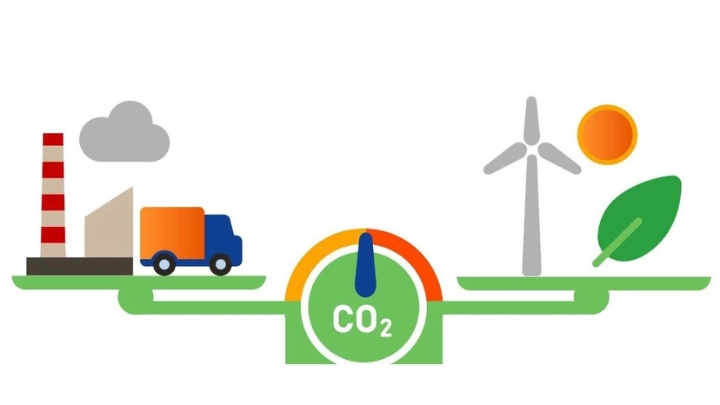Oceans were warmer than any May on record last month
AFP || Shining BD
The European Union's climate monitoring unit reported on Wednesday that the global oceans were warmer in May than in any other May in records dating back to 1880.
According to the Copernicus Climate Change Service (C3S), sea temperatures at a depth of about 10 meters were a quarter of a degree Celsius higher than ice-free oceans in May, on average, from 1991 to 2020.
In forty years, year-round, long-term trends have added 0.6C to the ocean's surface waters, according to C3S deputy director Samantha Burgess, who also noted that April set a new heat record.
As the El Nino signal continues to emerge in the equatorial Pacific, ocean temperatures could rise further in the coming months, she said in a statement, referring to a periodic, natural shift in ocean winds that exacerbates global warming.
According to C3S, the Earth's surface temperature above water and over land was tied for second hottest for May last month.
The findings of Copernicus are based on computer-generated models that incorporate billions of measurements from satellites, ships, aircraft, and weather stations around the world.
Oceans, which cover 70 percent of the Earth's surface, have kept the planet habitable despite the acceleration of global warming caused by human activity, primarily the burning of fossil fuels.
The planet's surface is, on average, 1.2 degrees Celsius warmer than pre-industrial levels, a difference that has already unleashed devastating climate effects.
- 'Out of control' - Oceans absorb a quarter of the CO2 we release into the atmosphere and ninety percent of the excess heat generated by climate change.
However, at a terrible cost.
Marine heatwaves are decimating coral reefs and the ecosystems that depend on them, including more than a billion people.
Ocean acidification is disrupting life cycles and food chains from the tropics to the poles, while the accelerated disintegration from below of enormous ice sheets could raise ocean levels by a dozen meters.
In addition, oceans, forests, and soil, which absorb an even greater proportion of human-generated greenhouse gases, are exhibiting signs of fatigue, and their capacity to absorb CO2 could diminish.
Copernicus also reported that temperatures in several regions of the world were above average, including Canada, where wildfires have destroyed more than three million hectares (8 million acres) of land in recent weeks.
There are 413 wildfires burning from the Pacific to the Atlantic, 249 of which are considered "out of control."
The World Meteorological Organization (WMO) stated earlier this month that there is a 60 percent chance of an El Nino forming before the end of July and an 80 percent chance by the end of November.
The majority of the warmest years on record have occurred during El Ninos, and scientists are concerned that this summer and the following could set new records for land and sea temperatures.
The extent of Antarctica's sea ice reached a monthly record low for the third time this year in May, according to satellite data showing it was 17 percent below average.
Shining BD







































